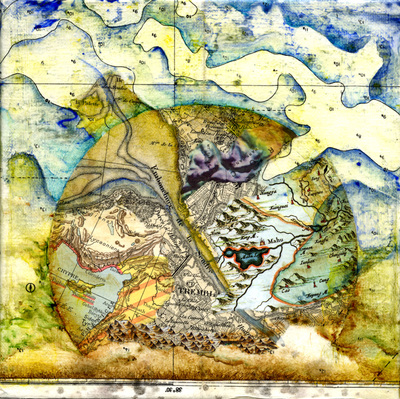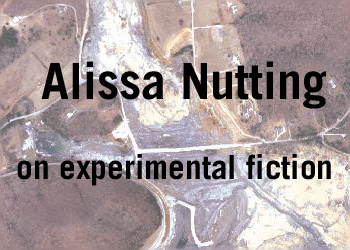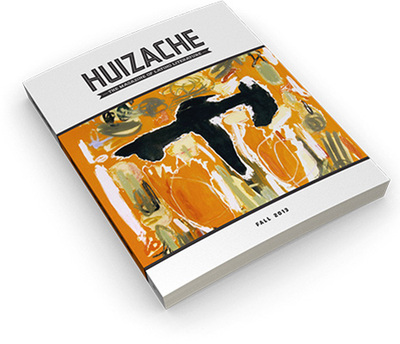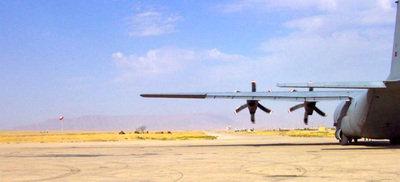JAMES BRAZIEL
Vittate
WHEN WE WERE DANCING, certain moves she made, I could see them, stripes crossing her belly. And later, after making love, when she turned on the lamp to find the water glass, the stripes turned as she turned. Not tattoos but pinkish scars, not deep, but thin and in rows across her back.
“My river,” she said, scratching it red in one place. When I said nothing, she told me, “I got caught in barbed wire helping my boyfriend put up a fence. This was before you knew us. We were pulling it and the wire snapped and curled up and curled me up.”
Pinkish marks dotted her knees where lines had begun, vanished.
“He should’ve stopped it,” I said.
“That’s stupid to say. Can’t stop it once it happens. So sudden when it does. Surprises you. Wasn’t his mistake.”
“It’s awful.”
“Figured you might see me like that.” She went to the edge of the bed. “Hoped otherwise, but you always look at me like you want something perfect.”
“Just hate you got hurt is all I meant. You got me wrong.” I had worked on cattle fences and knew what barbed wire could do and kept clear. Some said the force could take off a hand, pluck the bone from the calf if you were in front when it snapped and the wire caught.
“Wire was alive,” she said. “A little tornado with me in the eye. Turning loud like feet pounding. Left its mark.” She scooted close, put my hands on her to see. “Goes all the way round.”
“Like a striped melon.”
“A what?” She pushed my body with her head, a bull move, until we were giggling.
I’d be working in watermelon fields with my cousin the whole July making decent money, and the other workers off Bucking Street, and her boyfriend when he returned to Georgia with the Florida crews. My hands ached for sandy dirt then that I could shake off.
“Never tell a girl her belly is like a melon. Such a bad, bad line,” she said, and I sat up, took my hands, followed her belly to spine to belly. Those thin ridges, how they looped a current. I wondered if the scars inside were just as thin, if they carried snaps of wire that hummed.
“How long it take him to cut you free?” I could see his face as he tried to get to her and couldn’t.
“I was wrapped up. Thick. But if I moved, other barbs stuck me worse. I was on my stomach, air knocked out of my lungs, and that pain was worst of all. And time—I don’t know how long it took. I remember his boots, the wire getting clipped, the tornado rings easing, falling, the sun, the blood. But it was all so slow. I couldn’t get my breath. After a while I said ‘Don’t leave me like this,’ cause I was afraid.”
She got off the bed completely, which I should’ve apologized for--making her tell that story, which was between her and him. But what I wanted was to go to the Alapaha River, the pull-in off 41. Wanted to touch its currents. If the river would let me. Wade to its middle where the rocks smooth into tongues, and skim my hands over all its surface.
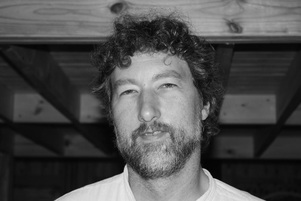
James Braziel is the author of the novels Birmingham, 35 Miles and Snakeskin Road. He lives and writes in north Alabama with his wife, poet Tina Mozelle Braziel.



